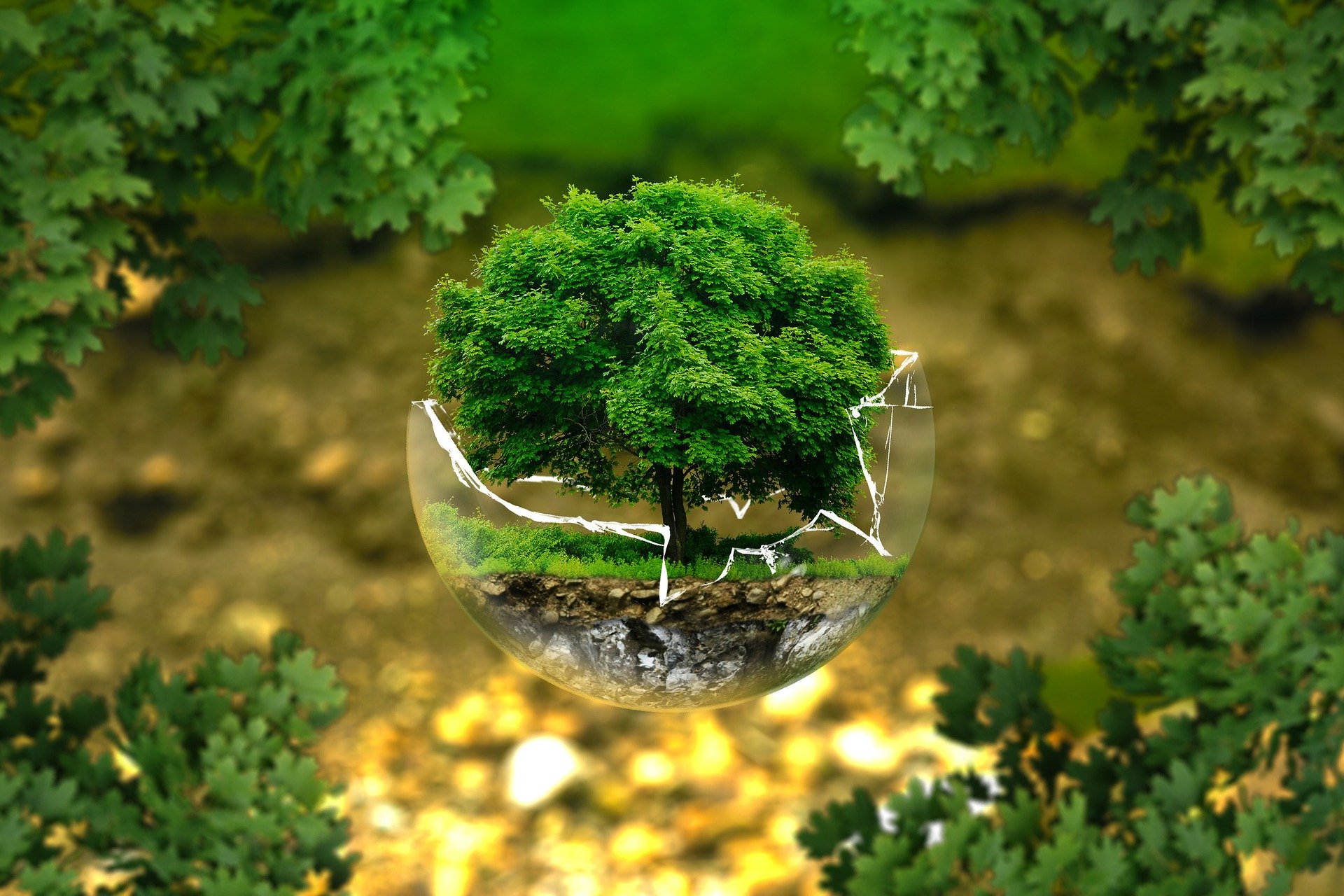Excerpted from Cultivating Care for Creation, an Advent Guide for Lectionary Year A from the North Carolina Council of Churches.
Psalm 122
I was glad when they said to me, “Let us go to the house of the Lord!”
Our feet are standing within your gates, O Jerusalem.
Jerusalem—built as a city that is bound firmly together.
To it the tribes go up, the tribes of the Lord, as was decreed for Israel, to give thanks to the name of the Lord.
For there the thrones for judgment were set up, the thrones of the house of David.
Pray for the peace of Jerusalem: “May they prosper who love you.
Peace be within your walls, and security within your towers.”
For the sake of my relatives and friends I will say, “Peace be within you.”
For the sake of the house of the Lord our God, I will seek your good.
Rational, intelligent folks are no longer debating climate change. Some are debating its causes—natural warming and cooling cycles, warming and cooling cycles driven by human behavior, or a combination of the two. But no one disputes it is changing and most agree it’s not changing for the better. We’ve all heard it: swifter floods, harsher droughts, stronger storms, fiercer fires. For my part, I no longer joke about the beach house I plan to buy after I write my first best-seller. I still plan to write a best-seller, but I won’t use the money “to build a house on sand” (Matthew 7:26).
Such a scenario necessarily involves resources and choice. With the resources from my best-seller I’ll have the choice to build on rock or sand. Not everyone has resources or choice. Many live on sand because it is their only choice. Many live near water for the resources it provides, but with those resources come the risks water presents—risks that are becoming routine even here in North Carolina where we managed two one-hundred year floods in three years.
With these real live scenarios playing out in our world, the ones with resources and choices should heed the advice from Psalm 122, “For the sake of the house of the Lord our God, I will seek your good.” We should swiftly be about seeking the good of those in harm’s way and not merely rushing to build our own houses on higher ground.
Those of us who subscribe to the real possibility that this particular climate change cycle has been hastened by humans, and who generally leave larger carbon footprints than our two feet allow (my own is 4.5 and I try hard to repair, renew, and recycle), have some responsibility to seek some good for others. Human decency suggests our moral compass should point us toward the welfare of those endangered by our big feet, but for people of faith, there is another imperative.
Our imperative is bound up in the DNA of creation. All of creation is God’s gift to us (Genesis 1:26). All of humanity is “precious in the sight of the Lord (Psalm 116:15).” David sings it beautifully for us on this first Sunday of Advent. As we gather in our places of worship to begin the journey through a new Christian year, may we start this journey in the memory that we are all bound up together.
For the sake of my relatives and friends
I will say, “peace be within you.”
For the sake of the house of the Lord our God,
I will seek your good.
Seeking implies we are looking for ways to make things better. There are some readily available things we can do every day—turn up the thermostat a few degrees in the summer and down a few degrees in the winter—and there are some bigger challenges we must work together to meet. Of course, the bigger challenges will make the biggest difference and require collective will. If we are honestly “seeking good” and not merely “saying peace” we must be willing to join forces for change at the economic and political level. Keeping my thermostat at 62 degrees in the winter is not going to stop the polar cap ice melt unless every home, business, school, and government building also makes this adjustment AND if our businesses and governments mandate new energy regulations.
As people of faith mandated by our scriptures to seek good for all creation, this is the place to focus our energy. We can vote with our pocketbooks by choosing to do business with and buy goods from environmentally friendly places. We can vote with our feet by leaving those places that do not respect creation. We can vote—vote for individuals at the local, state, and national level who share our values, who will “seek the good.”

